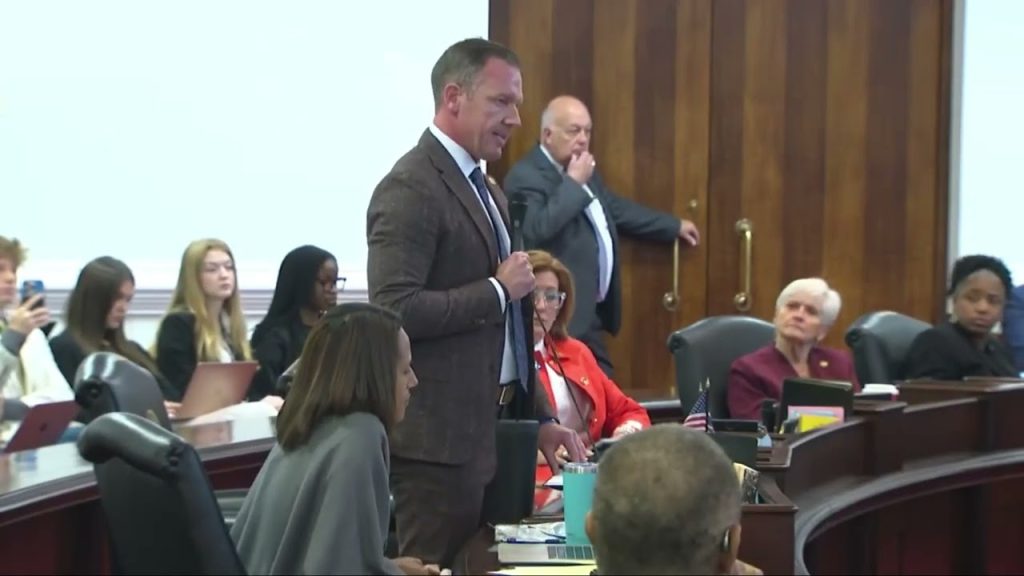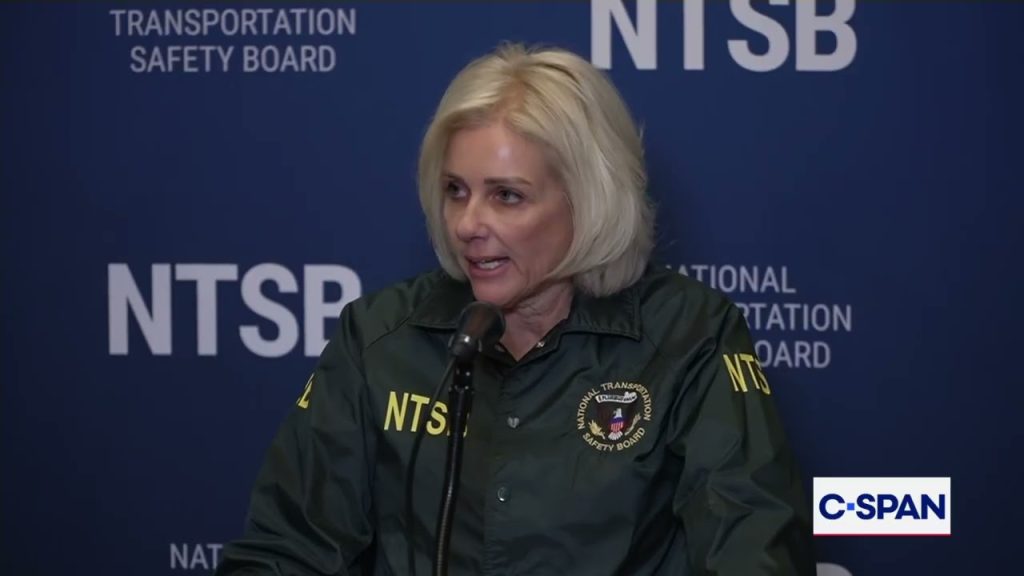Recent political tensions in North Carolina have come to light following reports that Republicans in the state legislature refused to allow Democratic State Senator Michael Garrett’s speech to be entered into the permanent legislative record. The move has sparked outrage among Democrats and advocates for transparency, highlighting ongoing partisan battles within the North Carolina General Assembly.
The title of the video referencing this incident suggests that a significant speech by Senator Garrett was deliberately excluded from official documentation by Republican colleagues. In state legislatures, speeches entered into the permanent record become part of the public archive and a lasting testament to legislative deliberations. Blocking such a record is rare and often indicates deeper political friction.
Senator Michael Garrett represents a district in a state known for its dynamic and sometimes contentious political landscape. North Carolina’s legislature has been marked by sharp divides on issues ranging from voting rights and education to economic policy and social justice. Over the past several years, partisan disputes have intensified, with Democrats accusing Republicans of using procedural tactics to suppress dissenting voices.
The incident underscores concerns about the balance of power in North Carolina, where Republicans maintain control of both legislative chambers. Critics argue that preventing Senator Garrett’s speech from being officially recorded undermines democratic norms, transparency, and open debate. Supporters of the decision, meanwhile, might contend it reflects standard rules or disagreements over the speech’s content or procedural legitimacy.
Such disputes are emblematic of a broader national trend, where legislative bodies increasingly grapple with questions about freedom of speech, minority party rights, and the role of official records in political accountability. North Carolina’s case offers a microcosm of these critical issues playing out across many state capitals and in Congress.
For residents of North Carolina and observers of American politics, monitoring how the situation evolves may provide insight into the state’s political dynamics and the ongoing struggle over legislative transparency.
Where to Learn More
- The New York Times – Comprehensive coverage of U.S. state politics and legislative affairs
- NC Policy Watch – In-depth news and analysis on North Carolina politics and policy issues
- WRAL – Leading North Carolina news station with local and state government updates
- North Carolina Politics – Political insights, reports, and commentary focused on North Carolina
- Political Wire – Timely political news and developments, including state legislative reports




